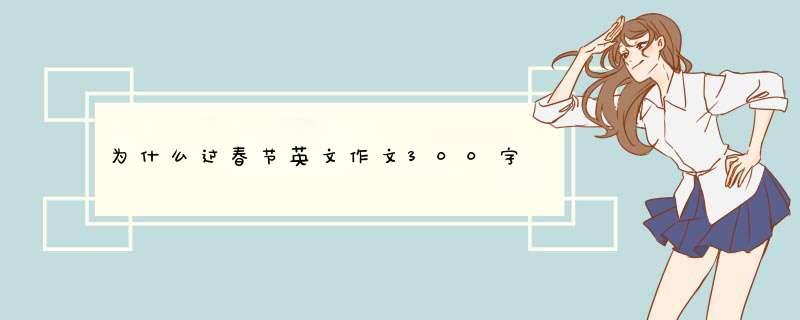
Spring Festival originated from the worship of gods and ancestors at the end of the year in the Shang Dynasty. It is the most grand, lively and important traditional festival in China. Traditionally, the Spring Festival is from the eighth day of the twelfth lunar month or the twenty third or twenty fourth day of the twelfth lunar month to the fifteenth day of the first lunar month, with the new year's Eve and the first day of the first lunar month as the climax.On New Year's Eve, the whole family got together and ate the "reunion dinner". The elders distributed "money as a lunar new year gift" to the children. At zero, firecrackers were fired, and the activities of saying goodbye to the old year and greeting the new year reached a climax. Each family burnt incense to salute the heaven and the earth. After the first day, people began to visit relatives and friends and give each other gifts to celebrate the new year. The new year's Day is also a festival for people's entertainment and carnival. After the first day of the year, a variety of entertainment activities were held: Lion playing, dragon lantern dancing, Yangko dancing, stilts walking, acrobatics, etc., which added a strong festive atmosphere to the Spring Festival.During the Spring Festival, gods such as kitchen god, door god, wealth God, happiness God, well God and other gods can enjoy the human incense. People reward the gods for their care in the past year and pray for more blessings in the new year.春节起源于商代年末对神和祖先的崇拜。
它是中国最隆重、最热闹、最重要的传统节日。
传统上,春节是从农历十二月初八或十二月二十三、二十四到正月十五,以除夕和正月初一为高潮。
除夕夜,全家聚在一起吃“团圆饭”。
长辈们给孩子们分发“压岁钱”。
零点,鞭炮齐鸣,拜年贺岁活动达到高潮。
家家户户烧香,向天地敬礼。
第一天过后,人们开始走亲访友,互赠礼物庆祝新年。
元旦也是人们娱乐和狂欢的节日。
大年初一过后,举行了多种娱乐活动:舞狮、龙灯、秧歌、踩高跷、杂技等,为春节增添了浓厚的节日气氛。
在春节期间,诸如灶神、门神、财神、喜神、井神等诸路神明都能享受人间香火。
人们酬谢诸神过去一年的关照,并祈愿在新的一年中能得到更多的福佑。
欢迎分享,转载请注明来源:内存溢出

 微信扫一扫
微信扫一扫
 支付宝扫一扫
支付宝扫一扫
评论列表(0条)